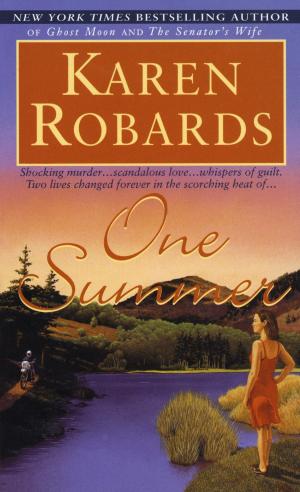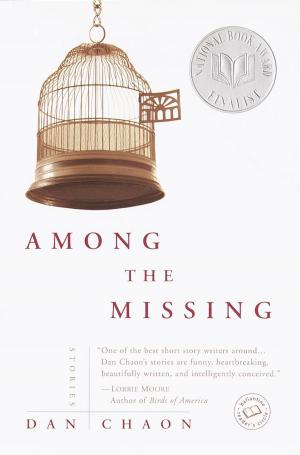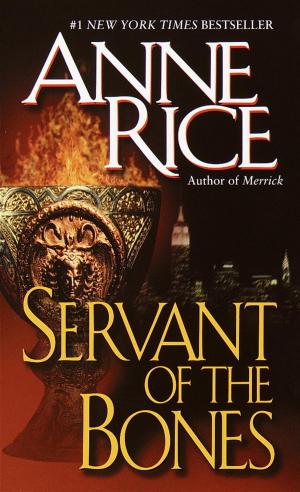Assorted Prose
Fiction & Literature, Literary Theory & Criticism, American, Essays & Letters, Essays, Nonfiction, Entertainment, Humour & Comedy, General Humour| Author: | John Updike | ISBN: | 9780679645832 |
| Publisher: | Random House Publishing Group | Publication: | September 18, 2012 |
| Imprint: | Random House | Language: | English |
| Author: | John Updike |
| ISBN: | 9780679645832 |
| Publisher: | Random House Publishing Group |
| Publication: | September 18, 2012 |
| Imprint: | Random House |
| Language: | English |
John Updike’s first collection of nonfiction pieces, published in 1965 when the author was thirty-three, is a diverting and illuminating gambol through midcentury America and the writer’s youth. It opens with a choice selection of parodies, casuals, and “Talk of the Town” reports, the fruits of Updike’s boyish ambition to follow in the footsteps of Thurber and White. These jeux d’esprit are followed by “Hub Fans Bid Kid Adieu,” an immortal account of Ted Williams’s last at-bat in Fenway Park; “The Dogwood Tree,” a Wordsworthian evocation of one Pennsylvania childhood; and five autobiographical essays and stories. Rounding out the volume are classic considerations of Nabokov, Salinger, Spark, Beckett, and others, the earliest efforts of the book reviewer who would go on to become, in The New York Times’s estimation, “the pre-eminent critic of his generation.” Updike called this collection “motley but not unshapely.” Some would call it a classic of its kind.
John Updike’s first collection of nonfiction pieces, published in 1965 when the author was thirty-three, is a diverting and illuminating gambol through midcentury America and the writer’s youth. It opens with a choice selection of parodies, casuals, and “Talk of the Town” reports, the fruits of Updike’s boyish ambition to follow in the footsteps of Thurber and White. These jeux d’esprit are followed by “Hub Fans Bid Kid Adieu,” an immortal account of Ted Williams’s last at-bat in Fenway Park; “The Dogwood Tree,” a Wordsworthian evocation of one Pennsylvania childhood; and five autobiographical essays and stories. Rounding out the volume are classic considerations of Nabokov, Salinger, Spark, Beckett, and others, the earliest efforts of the book reviewer who would go on to become, in The New York Times’s estimation, “the pre-eminent critic of his generation.” Updike called this collection “motley but not unshapely.” Some would call it a classic of its kind.















